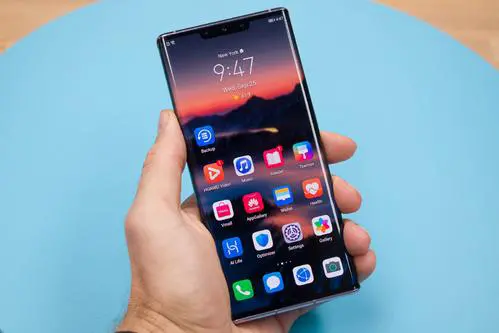The Bangko Sentral ng Pilipinas ( BSP), the country's central bank, relaxed its rules on foreign currency transactions Thursday in a bid to stem the appreciation of the Philippine peso against the U.S. dollar.
Under its new rules, the BSP has doubled the maximum amount of dollars that Filipinos can buy from banks to 120,000 U.S. dollars from the present 60,000 U.S. dollars without documentation.
Analysts said that the country's promotion to its first-ever investment grade credit rating by Fitch last month and the expected increase in the flow of foreign investments into the country have prompted the BSP to liberalize its rules on foreign exchange transaction.
The new BSP rules would benefit well-to-do Filipinos who want to send their children abroad for schooling, or those who would go on vacation or seek medical treatment in foreign countries.
In a briefing, BSP Deputy Governor Nestor A. Espenilla Jr. said this is the sixth time since 2007 that the BSP has relaxed its rules on foreign exchange transactions with banks.
"The BSP always stands ready to keep the foreign exchange market stable," Espenilla said.
The BSP's policy of encouraging foreign exchange outflow would help temper the peso's appreciation against the U.S. dollar, which has eroded the earnings of OFW remittance-dependent families and exporters.
There are now more than 10 million Filipinos who work or reside abroad, mostly in the U.S. and the Middle East. Remittances from these overseas Filipinos represent 13.5 percent of the country's gross domestic product (GDP).
The peso is down 0.5 percent this year, hitting a six-month low on Tuesday as remittances slowed in February.
Last year, the Philippine peso gained nearly 7 percent, making it the second best performing Asian currency after the Korean won.
According to BSP managing director Wilhelmina C. Manalac, the central bank increased the ceiling to cope with the rising volume of over-the-counter (OTC) dollar buying.
From 800 million U.S. dollars in 2008, OTC purchases have jumped to 1.4 billion U.S. dollars in the first 10 months of 2012.
"They could have an impact on the exchange rate movements most especially if they encourage more people to buy foreign exchange for outside use," Manalac said.
Manalac said the BSP expects OTC purchases to continue rising, as the Philippine economic expansion allows wealthy families to send their children abroad for school.
In the first 10 months of last year, the BSP recorded 687 million U.S. dollars worth of foreign exchange transactions, mostly done by credit card companies and airlines.
The BSP also allows Filipinos to invest OTC dollar purchases in buying real properties, including condominium units abroad, as well as in the purchase of stocks and debt securities issued offshore by both residents and non-residents that are in local banks'asset inventory.
The new rules also allow Filipinos to invest in offshore U.S. dollar denominated global or mutual funds or unit investment trust funds.
The BSP also extended by two years, or until Dec. 28, 2016 a window allowing resident private firms to use foreign exchange in the Aquino administration's public-private partnership (PPP) projects.
The new BSP rules are a boon to Filipino non-residents known locally sa balikbayans (literally those who return to the country for vacation) because they can now double to 10,000 U.S. dollars from 5,000 U.S. dollars the amount of U.S. dollars that they can bring back to the U.S. after their stay in the country.
This can be done by converting their unspent Philippine pesos without any hassle.
As for banks, they can now reconvert foreign investors' excess peso funds at prevailing exchange rates, provided that at least 50 percent of the amount brought into the country had been invested in the Philippines and duly registered at the time of their application for reconversion.
The new foreign exchange transaction rules also shortened the deadline from five years to one year within which applications for registration of foreign direct investments must be registered with the BSP from the date of inward remittance or actual transfer of assets to the Philippines. This is subject to a two-year transition or grace period.
 简体中文
简体中文

